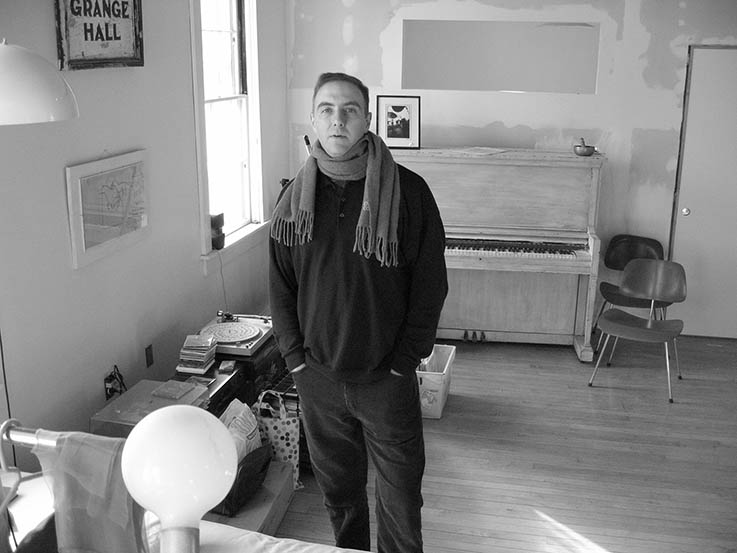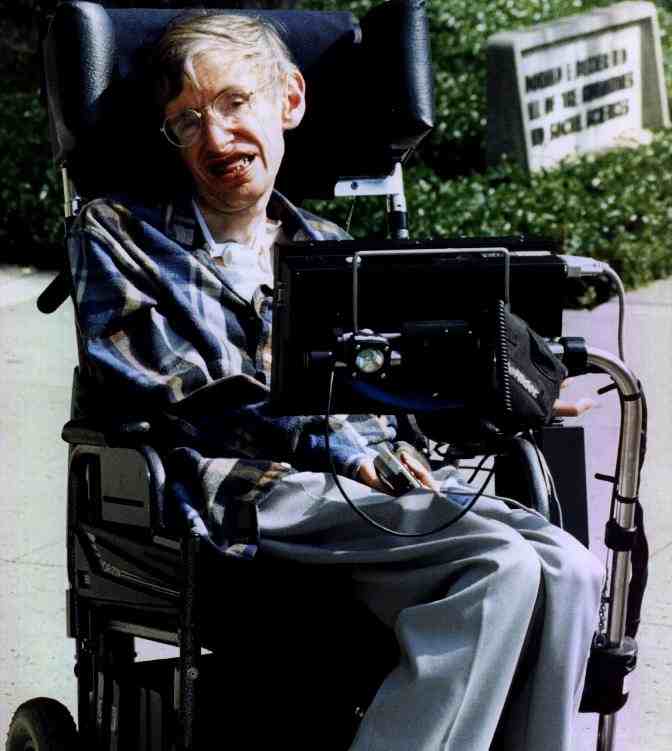
Time Keeps Skipping
by ALEX CARNEVALE
The Bible gives me a deep, comforting sense that things seen are temporal and things unseen are eternal.
Time began millions of years ago, perhaps even billions. The universe is continually expanding to take in the reality of this. Turning that kind of information into a mass market paperback was the work of Stephen Hawking.
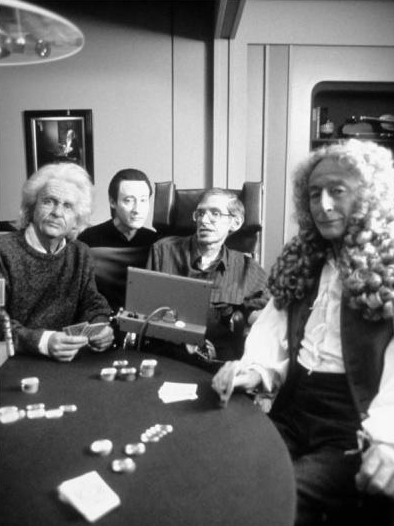
Other theoretical physicists made fun of Stephen because he never got sexual innuendo. Also because he, without being more brilliant than any of them, was more famous than all of them.

More than anyone else, theoretical physicists should understand that notoriety is meaningless, and so perhaps is the universe. When there is nothing to believe in, there's a whole universe out there. We seem to have temporarily forgotten that.
Going around to places and talking about space is a good way to pass the time. Especially when the time between that is something near excruciating. Thus Hawking became a fertile symbol of what someone disabled could accomplish, given the right resources and love around them.
Hawking suffers from amyotrophic lateral sclerosis, commonly called Lou Gehrig's disease. Like most medical conditions, it's become progressively worse over time. Or, as I should say, Time.
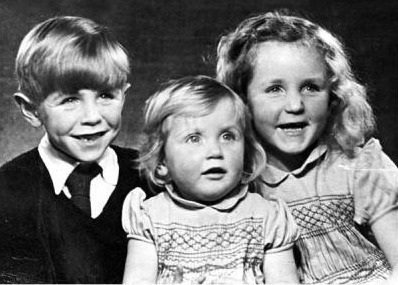
Hawking's parents moved from North London to Oxford for the birth of their first child. The years after Stephen would expand the family to include two daughters. Outside, World War II was going on and missiles were a fact of life. Young Stephen knew nothing of this.
When he was very young, and his father was away, his mother brought the children to the Spanish island of Mallorca to stay at the home of the poet Robert Graves. It is a hiding place. He attended St. Albans High School for Girls, where he was so smart he didn't have to study — so he never did.
Hawking met Jane Wilde at an Oxford party, which was probably balls-out crazy. Then he invited her to his birthday party. Stephen was very awkward at Oxford, being several years younger than his classmates, and having already designed a primitive computer with his friends. Soon after meeting Jane, he found out he had a prognosis of two years to live. He and Jane began dating. She allowed him to put his penis inside her, but only a little bit.
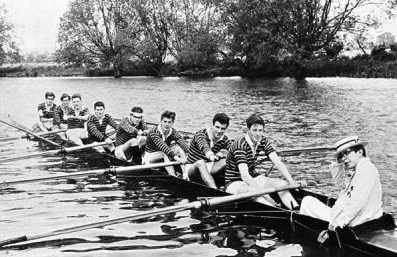 stephen as a coxswainOxford gave Stephen a whole lot of bad news, but he did meet his wife there. They had children. At first when his Lou Gehrig's disease started coming on, he didn't think much of it. He had an exam to worry about, and he had always sort of been a klutz.
stephen as a coxswainOxford gave Stephen a whole lot of bad news, but he did meet his wife there. They had children. At first when his Lou Gehrig's disease started coming on, he didn't think much of it. He had an exam to worry about, and he had always sort of been a klutz.
After he took a particularly bad fall, he took a Mensa test to check if he was still a genius.

In 1965, suspecting his life might be brutish and short, he married Jane Wilde, a language student. He had twenty years left of speech before pneumonia forced a trachetomy, and took his voice from him. Helen Keller once said, "The bulk of the world’s knowledge is an imaginary construction." Hawking didn't necessarily agree.
Hawking's paper "Black Hole Explosions?" appeared in Nature and immediately gained him considerable notoriety in academic circles, a cycle of acclaim that would continue throughout his life. A scientist never grows tired of hearing himself praised. It is impossible to become bored of it.

Months after Hawking completed his first draft of A Brief History of Time in 1988, Jane told him that she was cheating on him with the widower who led their church choir and helped take care of Stephen. He was none too pleased about this development.
He opened A Brief History of Time with the following anecdote: A famous astronomer, after a lecture, was told by an elderly lady, who was perhaps under the influence of Hinduism, that his cosmology was all wrong. The world, she said, rests on the back of a giant tortoise. When the astronomer asked what the tortoise stands on, she replied: 'You're very clever, young man, very clever. But it's turtles all the way down.'

One of the key distinctions that Hawking attempted to 'square the circle' in his work was time as we perceive and time on the scale of a universe. People whose heads are occupied with this kind of information are necessarily disconnected from life, to the point where it is difficult to contemplate that life ending. Since Stephen was beating a death sentence he'd been given as a young man, he may have felt differently. In any case, he is now resting comfortably at Cambridge University Hospital.
Jane cared for him until 1991, when after three children, he dumped her for his nurse, Elaine Mason, formerly wife to the man who designed the computer who allowed him to talk.

Hawking was well aware of this irony, but for a man whose mind and body were in a precarious place, it's unclear what exactly happened in the 17 years with Mason that followed. Some have accused Mason of abuse, including medical professionals who worked with Hawking after she became his wife. In 2006, Stephen divorced her.
There are now statues of Hawking in South Africa and El Salvador.
In 2004, Hawking claimed to have solved a paradox in his own work, while it just sounded like he was high again. Quantum mechanics is all getting stoned at its base.
Hawking has a sparkling wit. Though it took him minutes to formulate simple answers once he was wholly dependent on machines to speak, once they emerge, they are delightful machine-formulated pearls of wisdom. He can only enter commands with his cheek, as the rest of his body is almost entirely paralyzed, accounting for the delay.
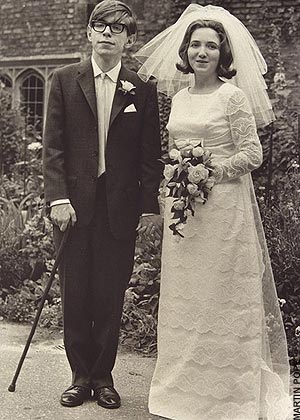 hawking at his first wedding in 1965In the second half of his life, Hawking promoted space travel, believing that it would at some point be necessary for humans to abandon Earth. I don't know what's more frightening — faith in God to prevent that eventuality, or faith in NASA to survive it.
hawking at his first wedding in 1965In the second half of his life, Hawking promoted space travel, believing that it would at some point be necessary for humans to abandon Earth. I don't know what's more frightening — faith in God to prevent that eventuality, or faith in NASA to survive it.

He intends to resign his academic post at the age of seventy, having lived longer than John Lennon, longer than the most optimistic estimate after his diagnosis. He continues to travel, to live his best possible life. There is a grievous kind of hope here, a dark hope in this man, of surmounting death and the unknowable so routinely it is a fact of existence. He is fighting for his life as I write these words; somewhere else, at some other time, he is no longer fighting for his life. At a lecture recently, Hawking answered a question from the audience about extraterrestrial life: "Primitive life is very common, and intelligent life is very rare."
Alex Carnevale is the editor of This Recording. He tumbls here.

"Eventually" – Geoff Farina (mp3)
"The United States" — Geoff Farina (mp3)
"Not About A Birthday" — Geoff Farina (mp3)
Geoff Farina website
